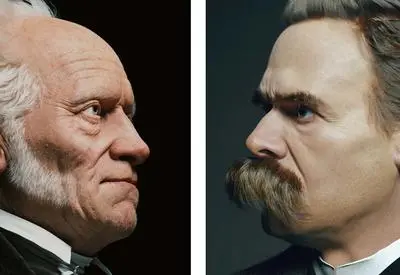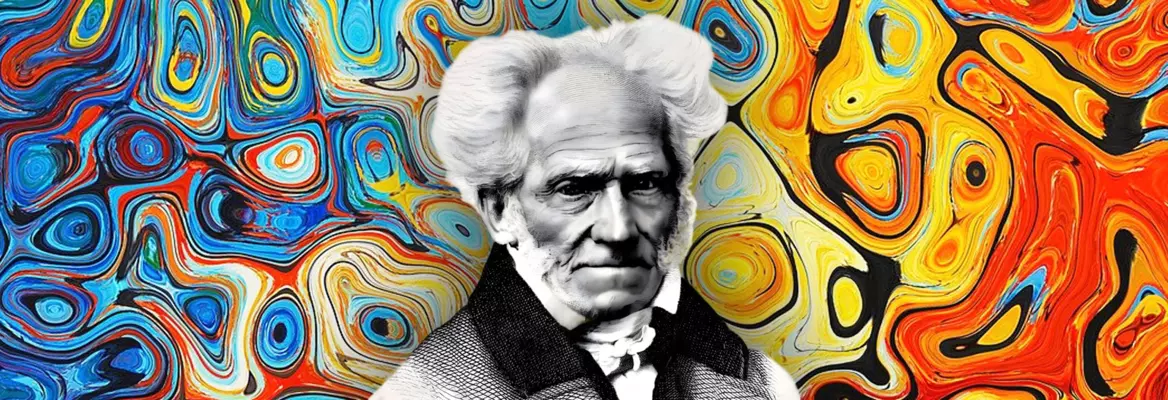"If a tree falls in a forest and no one is around to hear it, does it make a sound?" For Schopenhauer, the answer is no. And he takes the reasoning even further, before there were conscious beings, the universe did not exist. While such an argument sounds paradoxical, if not ridiculous – if the universe did not exist, how were conscious beings formed? – Schopenhauer finds a grounding for his idealist intuitions in his idea of the will, writes Christopher Ryan.
According to Schopenhauer, “everyone is conscious of all philosophical truths on an intuitive level or in concrete fashion: but to bring these truths to abstract knowledge, to reflection, is the business of philosophers, who should do, and can do, nothing else.” (WWRI, 410)
Included within this set of truths cognised by everyone at the intuitive level is transcendental idealism, or the philosophical position that the objects of ordinary experience – tables, dogs, numbers, molecules, and indeed all worlds existing in space and time – depend for both the fact that they exist, and the forms under which they appear, on the mind that knows them. For Schopenhauer this truth is so close to us that it is often missed, but when we return to the first fact of consciousness, we realise that we do not encounter a sun and an earth, but an eye that sees a sun, a hand that feels an earth. “No truth”, says Schopenhauer, “is more certain, no truth is more independent of all others and no truth is less in need of proof than this one: that everything there is for cognition (i.e. the whole world) is only an object in relation to a subject, an intuition of a beholder, is, in a word, representation.” (WWRI, 23-24)
However, contrary to what everyone ‘knows’ at the intuitive level, Schopenhauer also lamented the fact that idealism, or the mind-dependence of objects, is – at the level of propositional belief – widely regarded as “a paradox of certain eccentric philosophers, hardly to be taken seriously” (WN, p.435).
It seems therefore that, for Schopenhauer, intuitive or concrete knowledge (Erkenntniß), such as the idealist contention that objects are dependent on a conscious mind, frequently conflicts with what people believe at the abstract level of propositional reason (Wissen). It is the task of philosophy to bring these two species of knowledge into alignment, deploying a technique of Socratic midwifery so that the self-evidence of idealism concerning the mind-dependence of objects, with which people are pregnant at the level of immediacy, can be brought to term at the level of reflective reason.
But given the widespread tendency towards realism, or the view that objects exist independently of being known, outside philosophy (not to say within philosophy), how can the idealist philosopher bring about this realignment of erroneous, abstract belief? Schopenhauer’s strategy for persuading reason of the truth of idealism has two prongs, akin to what has come to be known as Hume’s Fork: an argumentative strategy for the correct position – idealism – and a genetic strategy which explains the origin and force of the incorrect position – realism.
 SUGGESTED READING
Schopenhauer vs Nietzsche: The meaning of suffering
By Joshua Foa Dienstag
SUGGESTED READING
Schopenhauer vs Nietzsche: The meaning of suffering
By Joshua Foa Dienstag





















Join the conversation